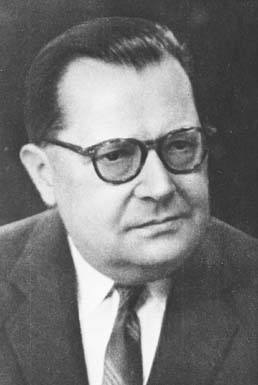Note
It presents an interesting classification of levels of systems and it elaborates on the vastness of the work that waits us if we want to push forward the scientific endeavour. For that we need not only the General Systems Theory but also a series of new concepts more capable of presenting reality in its full complexity.This paper was written especially for Management Science, 2, 3 (Apr. 1956) pp.197-208 and was reprinted in General Systems, Yearbook of the Society for General Systems Research, vol. 1, 1956.
General Systems Theory is a name which has come into use to describe a level of theoretical model-building which lies somewhere between the highly generalized constructions of pure mathematics and the specific theories of the specialized disciplines. Mathematics attempts to organize highly general relationships into a coherent system, a system however which does not have any necessary connections with the "real" world around us. It studies all thinkable relationships abstracted from any concrete situation or body of empirical knowledge. It is not even confined to "quantitative" relationships narrowly defined - indeed, the developments of a mathematics of quality and structure is already on the way, even though it is not as far advanced as the "classical" mathematics of quantity and number. Nevertheless because in a sense mathematics contains all theories it contains none; it is the language of theory but it does not give us the content.
At the other extreme we have the separate' disciplines and sciences, with their separate bodies of theory. Each discipline corresponds to a certain segment of the empirical world, and each develops theories which have particular applicability to its own empirical segment. Physics, chemistry, biology, psychology, sociology, economics and so on all carve out for themselves certain elements of the experience of man and develop theories and patterns of activity (research) which yield satisfaction in understanding, and which are appropriate to their special segments.



 General Systems Theory
General Systems Theory


 Note
Note


